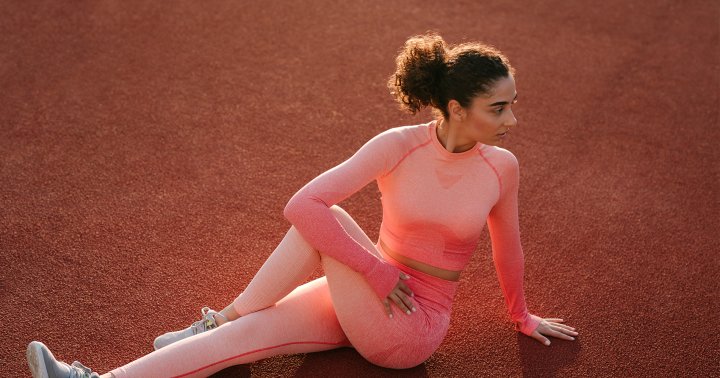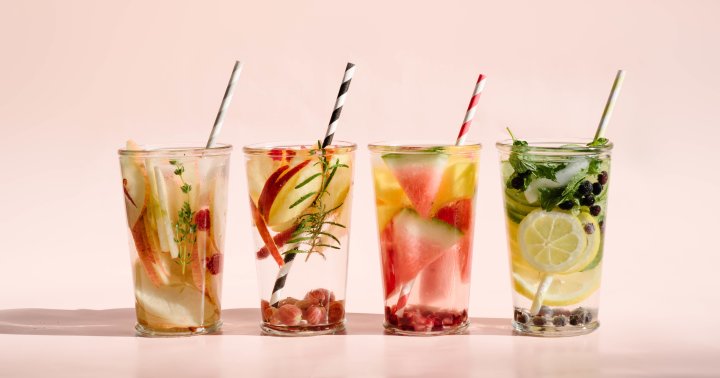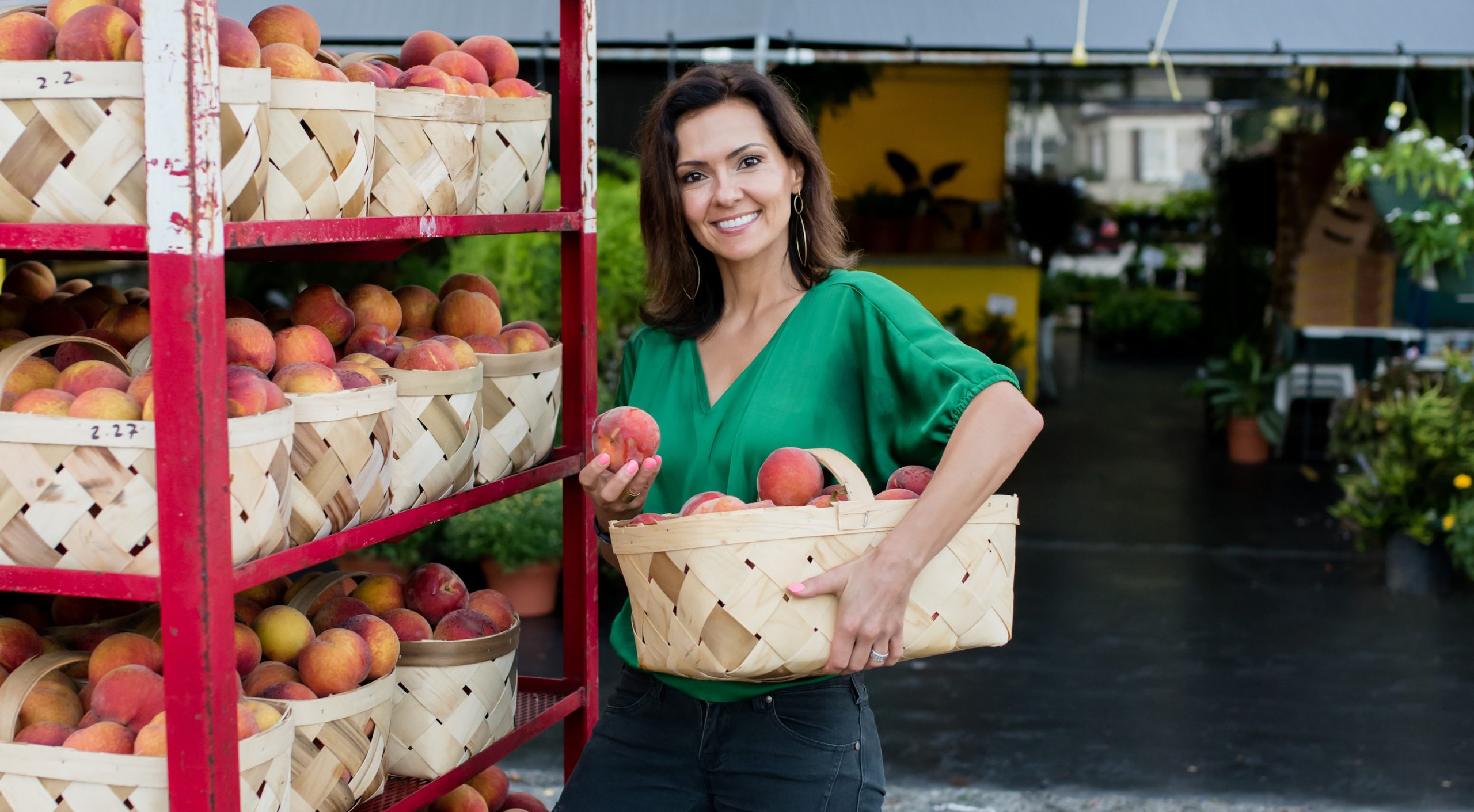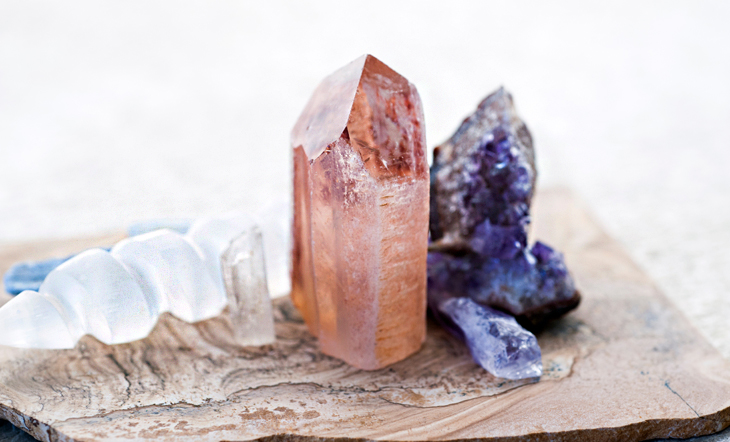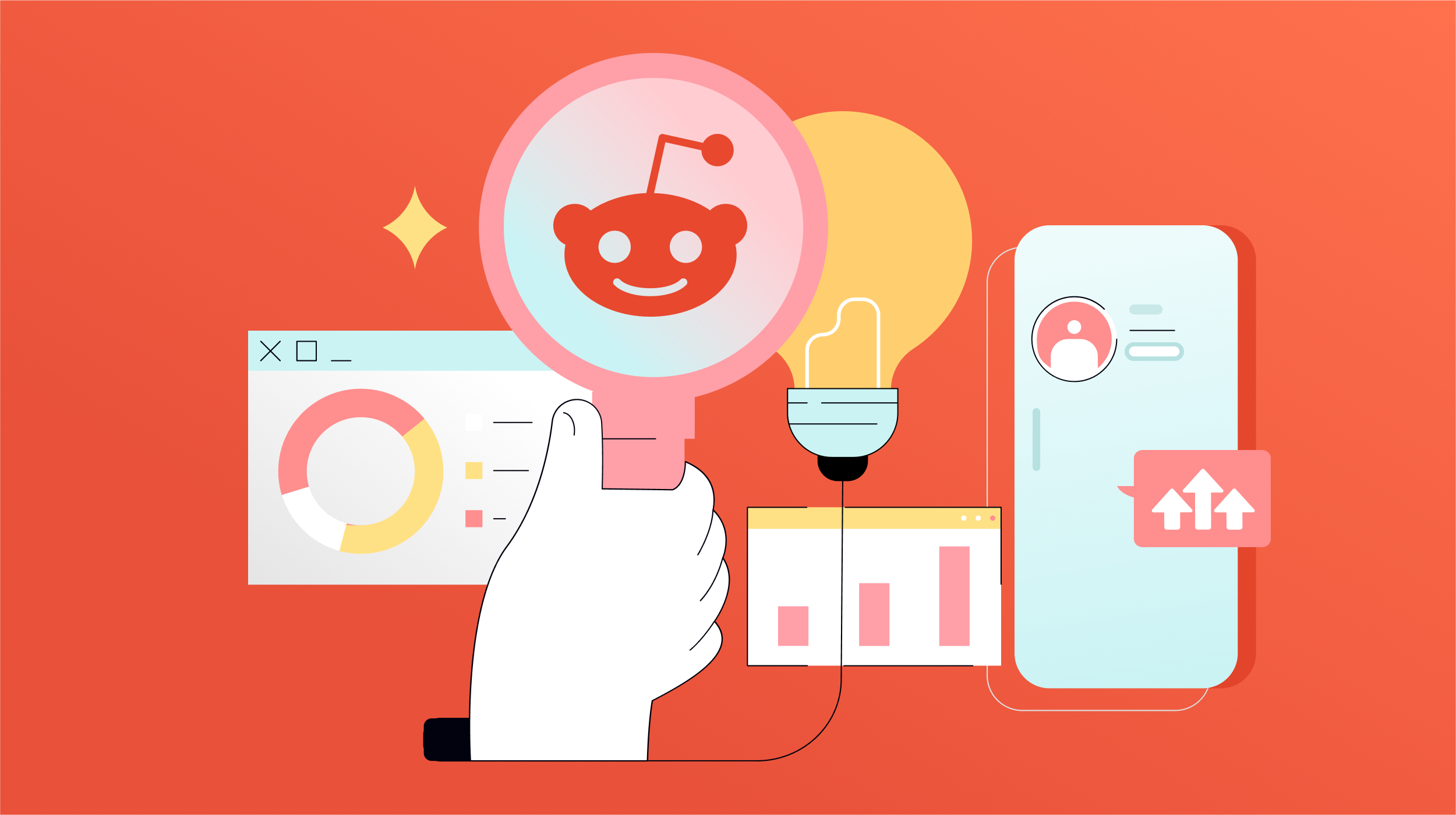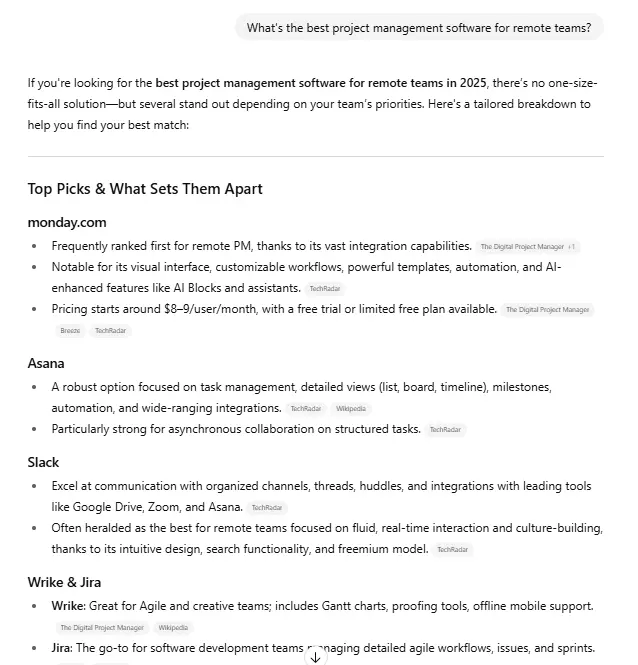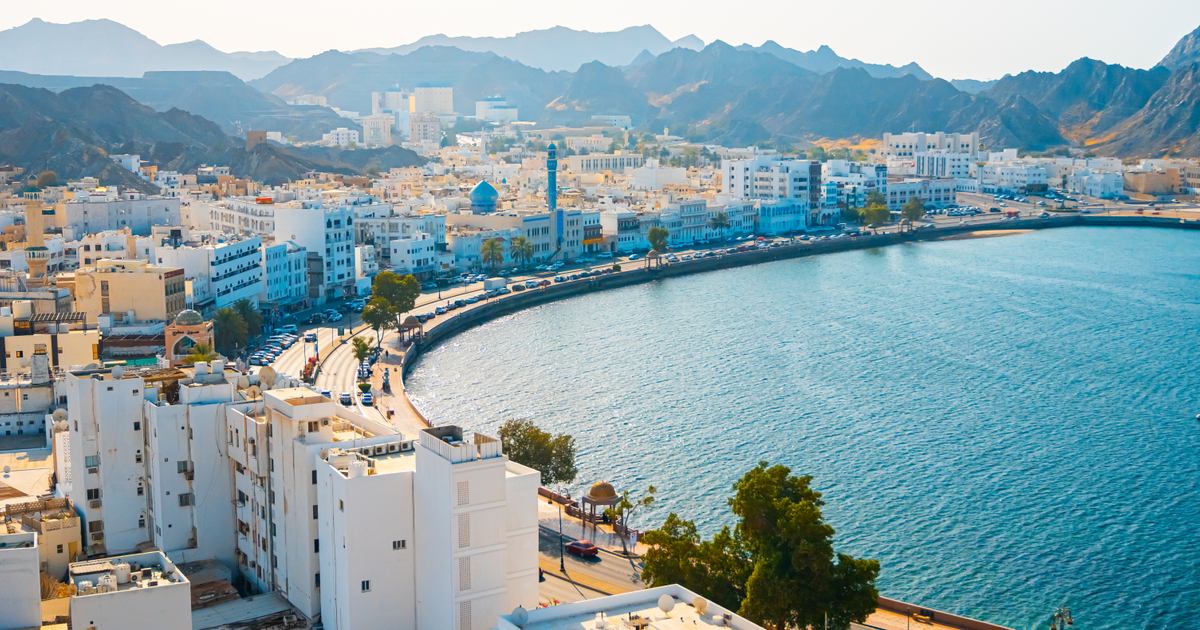How A Talk With My Kid Changed My Eco-Approach (After 20+ Years In The Movement)
“Mom, we’re running out of time," said my older daughter Cady.
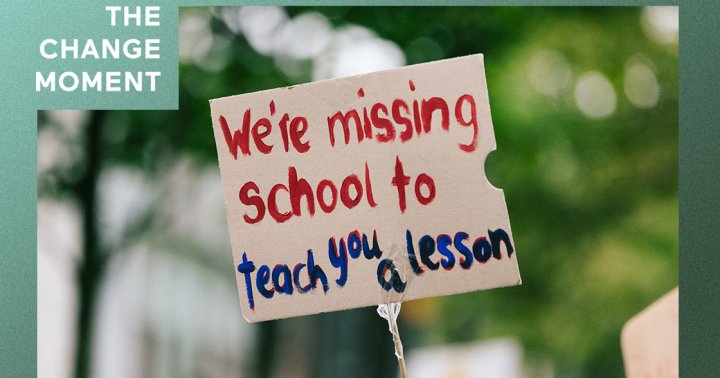
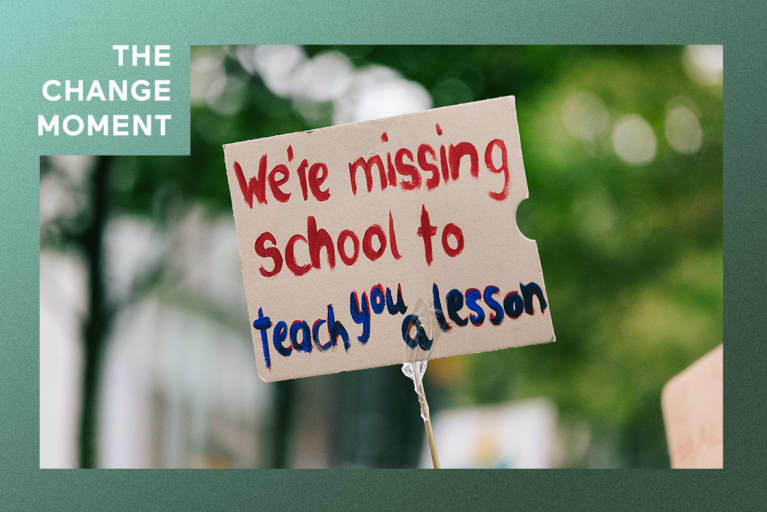
Our editors have independently chosen the products listed on this page. If you purchase something mentioned in this article, we may earn a small commission.
April 22, 2022 — 11:04 AM
When was the last time you had a change moment—an "aha" realization that set you down a new path? This April, in honor of Earth Month, mindbodygreen is hoping to inspire these moments through thoughtful storytelling about our planet. Welcome to The Change Moment, where you'll find personal stories, expert-backed tips, and thoughtful primers that will change the way you think about what sustainability really means and how to put it into practice.
“Mom, we’re running out of time. You can’t wait for us to clean up your mess. It can’t be all on our shoulders,” said my older daughter Cady. It was September 2019. We were talking to the girls about the upcoming climate strike inspired by Swedish activist Greta Thunberg. The weather report called for heavy rain, so I offered to pick up Cady and drive her to the protest site after she left the high school. This parental gesture made perfect sense to me since she had to carry her trumpet and her backpack, which weighed a ton. Besides, the protest starting point was a mile away.
Cady rolled her eyes and patiently explained to me, her environmental lawyer mother with more than 20 years of experience in climate advocacy, that having a parent drive her to a climate walkout defeated its purpose. She said she was sick of all the praise for Gen Z, that the planet was burning, and what were the Millennials, Gen Xers, and Boomers going to do about it? And then came her quiet tears. This response was the result of eco-anxiety.
Cady’s tears at the dinner table marked the moment this issue of eco-anxiety and intergenerational action hit home for me. I started researching the mental health impacts of the climate crisis and discovered the “eco-anxiety trifecta.”
A look into the “eco-anxiety trifecta.”
In 2017, the American Psychological Association recognized eco-anxiety as a “chronic fear of environmental doom.” A recent survey of child psychiatrists in the United Kingdom discovered that 50% had clients who suffered from it. In a September 2021 international survey, one in four young people (ages 16 to 25) did not want to have children because of their concerns about global warming.
Health Coach Certification
A best-in-class, board certified curriculum grounded in a holistic approach to healing.

The eco-anxiety trifecta for Gen Z first relates to the fact that children are suffering from generalized anxiety in greater numbers. The National Institutes of Health indicates that 30%of American teens suffer from anxiety. Rates of teen anxiety, depression, and suicide have dramatically increased since 2011.
Second, Gen Z is the loneliest generation. More screen time and less in-person interaction mean a sense of isolation for them, even before the pandemic. In the 2018 Cigna Loneliness Index, Gen Z expressed “feeling like people around them are not really with them (69%), feeling shy (69%), and feeling like no one really knows them well (68%).” Our kids are lonelier than the elderly. In one survey, eight in 10 Gen Zers experienced loneliness compared to five in 10 Baby Boomers. Chronic loneliness can be as damaging to a person’s health as smoking 15 cigarettes a day, which prompted the United Kingdom to appoint a loneliness minister in 2018.
Third is the hyperawareness of the climate crisis, fueled by sharing news stories and the latest research on social media. Gen Z is asking what the future will look like, where they will live, and what their experience will be like on this planet. In a 2020 survey by the U.S. Conference on Mayors, 80% of Gen Z agrees that “climate change is a major threat to life on earth.” It’s clear that we must act.
These three strategies can all help address the eco-anxiety of those you care about, as well as your own anxieties about our collective future. If you find eco-anxiety impacts your daily functioning, consider seeking out a mental health professional who is trained to talk through it using the Climate Psychology Alliance.
1. Create time and space to listen to young people.
Acknowledge their feelings and share with them progress you’ve seen in your life. Make a commitment to help them create a better future through climate action and consider a family eco-action plan.
2. Try a daily "One Green Thing."
This can be as simple as spending time in nature, composting, or urging your elected officials to take action. Take the Service Superpower Assessment to find your unique role in service and download a 21-day Kickstarter Plan to get started.
Reflect on the natural areas you love. Think about what legacy you want to leave.
Stress about the future we’re leaving the next generation is a natural response to the reality of the climate crisis. We have all the technology we need to solve the climate emergency, but we must have the political will for change. That political change requires a culture shift that only comes from individuals acting every day to save our sanity and the planet.
Adapted from an excerpt of One Green Thing: Discover Your Hidden Power To Help Save the Planet by Heather White (2022) with the permission of the publisher.
https://www.mindbodygreen.com/articles/how-talk-with-my-daughter-changed-my-eco-approach

 Hollif
Hollif 







